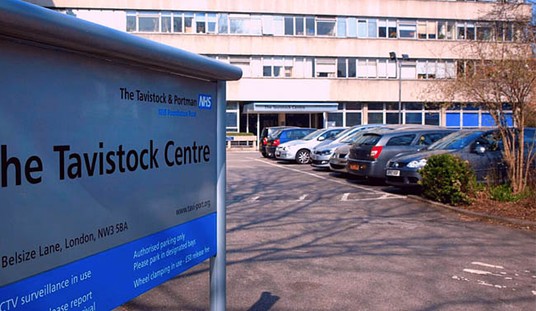If anyone doubted that the Cash-for-Clunkers program amounted to nothing more than a Ponzi scheme to put off the inevitable, look no farther than Germany, the model adopted by nations around the world, including the US. The German program has run out of cash, and the auto industry is bracing for a collapse that will have profound shocks for their economy:
For months, the automobile industry celebrated the subsidy, but now Germany’s cash for clunkers bonanza is over: The government fund to pay so-called “scrapping bonuses” for old cars for consumers who wanted to purchase new, environmentally friendlier vehicles has run out. On Wednesday, the last of billions in funding had finally been spent.
Critics of the program, who claim it artificially boosted sales and would merely delay a coming reckoning day, are already saying they told us so. “The federal government didn’t do the automobile industry any favors with the scrapping bonus,” says Stefan Bratzel, a professor at the University of Applied Sciences in Bergisch Gladbach near Cologne who specializes in the automotive industry. He says carmakers will pay a huge price for the economic bubble created by the premium, and that “2010 will be a horror year for the car industry.”
Bratzel is far from alone with his opinion. Many analysts believe the industry is threatened with a brutal collapse in revenues. Consulting firms like Germany’s AlixPartners and Roland Berger are predicting a dramatic drop in the number of new car registrations in the coming year, saying that car dealerships’ lots will be filled with unsold cars. Under the cash for clunkers program, many consumers made the decision to purchase a new car earlier than they might otherwise have done. In addition, analysts are anticipating higher unemployment in Germany and an associated slump in consumer spending. They say the prospects in 2010 for both carmakers and dealers are gloomy.
How bad will it get? Worse than anything after reunification, or perhaps even before it:
The impact the phasing out of cash for clunkers is expected to have in Germany is greater than in other countries, too. For 2009, the German Association of the Automotive Industry (VDA) is forecasting sales of more than 3.5 million vehicles. But next year that figure could be down by as many as 1 million cars, according to auto expert Stefan Bratzel. And that’s dramatic — the last time so few cars were sold was back in the 1970s, and those figures were solely for what was then West Germany.
The C4C program did nothing to fix the structural problems in the German auto industry, or for that matter, the economy as a whole. German automakers continued to overproduce, which had them sharply discounting their inventory even before C4C gave them another reason to overproduce. The decline in purchasing will be made even worse as potential customers in the next few years will have already bought their vehicles. Bratzel predicts that the collapse will not end until 2013, which makes sense; that will be when people need to start replacing current vehicles.
Instead of a slow decline in which the industry could reorganize, however, the lack of sales will bankrupt many in the distribution chain. As many as 90,000 jobs could disappear in Germany in the aftermath of its C4C program. Dealers will feel the pain most, and that will limit customer choice when the industry finally begins to recover. Ironically, the hardest hit will be the manufacturers of smaller cars, as customers for larger, luxury vehicles were not tempted by the C4C incentives. The program will wind up damaging the very brands it sought to bolster as part of its green social engineering.
One of these days, governments will learn the lessons of manipulating markets, regardless of the supposed justice of the cause. Unfortunately, these hard lessons have not been heeded yet by those currently in power.







Join the conversation as a VIP Member